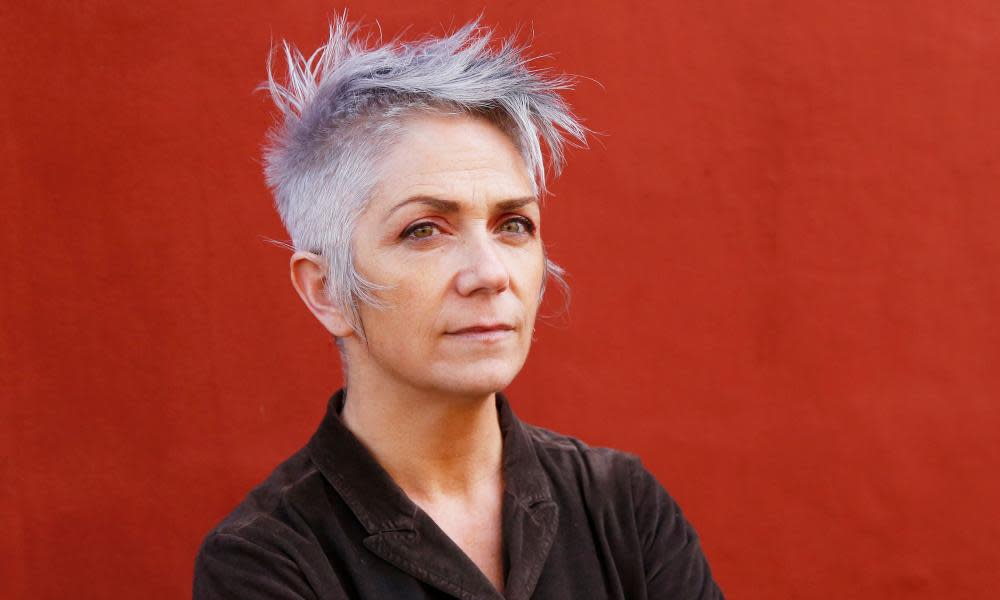Denise Mina: ‘All my reading is comfort reading’

My earliest reading memory
When I was about eight I was asked to read a book to a class of younger children to keep them quiet, but I couldn’t read, so I held up a book and made up a story. When we moved to Paris I began to think I might never be able to read. Then I remember driving through London at night when we came home for a visit. My big sister and I kept shouting out the names of the shops because they were in English, and I could finally read them.
My favourite book growing up
To Kill a Mockingbird by Harper Lee. I loved the sanctimoniousness, the antiracism, the slam-dunk lawyering and the overalls. I actually tried to introduce “hey” as a greeting at school but didn’t have the social cache to make it happen. I reread it so often I had edit suggestions.
The book that changed me as a teenager
I was 19 when I read Gabriel García Márquez’s One Hundred Years of Solitude. Reading that book, I really travelled through time and space. It was amazing. I finally felt that books weren’t simply something for good children with promising futures, but could also provide an escape.
The writer who changed my mind
Frank McGuinness’s play Observe the Sons of Ulster Marching Towards the Somme made me rethink my prejudices around the conflict in Northern Ireland. He is an extraordinary writer: moving, powerful and extremely challenging.
The book that made me want to be a writer
I was 19, it was late at night. I was reading Dickens’s A Tale of Two Cities in a very damp, cold attic in a condemned house in Bromley, south-east London. I could see my breath crystalising in front of my face and hear pigeons coo in the eves. But my heart was racing because I was also tearing through the streets of Paris during the revolution and ascending a scaffold. I thought it was astonishing that someone could reach through time to another human being, and make them sweat.
The book I came back to
Giorgio Vasari’s The Lives of the Artists. I had massively high expectations but it’s fairly hagiographical on his faves and a bit brusque about others. As I got older I began to understand it as an invaluable contemporaneous account instead of an objective collection of mini biogs.
The book I reread
Aunts Aren’t Gentlemen by PG Wodehouse. It never fails to delight me – it’s transcendently wonderful. If we valued comedy as a literary form, Wodehouse would be up there with Shakespeare.
The book I could never read again
Requiem for a Nun by William Faulkner. Don’t ask me. It’s rubbish.
The book I discovered later in life
On Famous Women by Giovanni Boccaccio. The Decameron is better known, but this is a great read from 1361, an attempt to redress the gender bias in biographies, which were usually about men.
The book I am currently reading
Rotten Days in Late Summer by Ralf Webb, a first anthology of glorious poetry that I always want to reread immediately – or preferably, read again for the first time.
My comfort read
All my reading is comfort reading. On my 50th birthday I gave myself the gift of throwing aside any book I wasn’t finding engaging. There are plaster chunks out of the wall in my study. Life’s too short for reading things that aren’t for you.
• Confidence by Denise Mina is published by Vintage.

 Yahoo Movies
Yahoo Movies 
